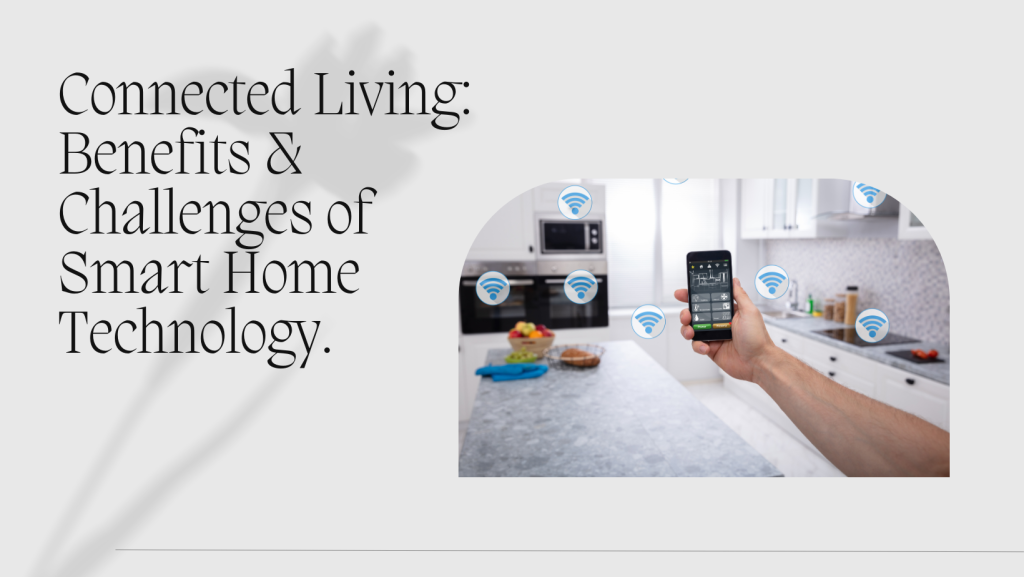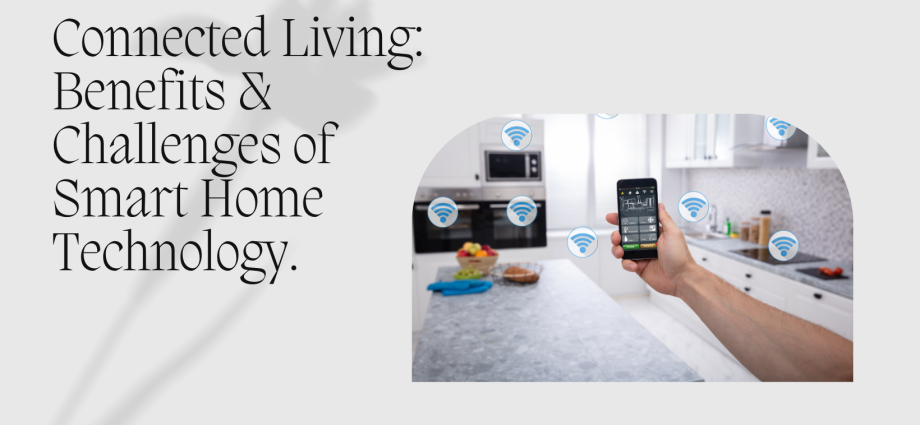Smart home technology has revolutionized the way we live, offering convenience, efficiency, and connectivity like never before. From smart thermostats and lighting systems to voice-controlled assistants and security cameras, the benefits of smart home technology are undeniable. However, along with these benefits come certain challenges that homeowners must navigate.
One of the key benefits of smart home technology is increased convenience. With connected devices and automation systems, homeowners can control various aspects of their homes remotely, whether it’s adjusting the temperature, turning on lights, or monitoring security cameras. This level of control allows for greater flexibility and efficiency in managing daily tasks and routines.
Moreover, smart home technology can enhance energy efficiency and sustainability. Smart thermostats, for example, can learn your heating and cooling preferences and adjust settings to optimize energy usage and reduce utility bills. Similarly, smart lighting systems can be programmed to turn off lights when not in use and adjust brightness levels based on natural light conditions, further reducing energy consumption.
Another benefit of smart home technology is improved home security and safety. Connected security cameras, motion sensors, and smart locks allow homeowners to monitor their homes and receive real-time alerts about potential threats or emergencies. This added layer of protection offers peace of mind and assurance for homeowners and their families.
However, along with these benefits come certain challenges and considerations. Privacy and data security are major concerns in the age of smart home technology. Connected devices collect and transmit data about our habits, preferences, and behaviors, raising questions about who has access to this information and how it’s being used. Ensuring that smart home devices are secure and protected from cyber threats is essential for safeguarding privacy and maintaining trust.
Additionally, interoperability and compatibility can be challenges when integrating multiple smart home devices and systems. Different manufacturers use different protocols and standards, making it difficult for devices to communicate and work together seamlessly. This can result in frustration and complexity for homeowners, requiring careful research and planning to ensure compatibility and integration.
In conclusion, smart home technology offers numerous benefits for modern lifestyles, including convenience, energy efficiency, and security. However, homeowners must also navigate challenges such as privacy concerns, data security, and interoperability issues. By understanding these benefits and challenges, homeowners can make informed decisions about incorporating smart home technology into their lives and enjoy the advantages it offers while mitigating potential risks.



Comments are closed, but trackbacks and pingbacks are open.